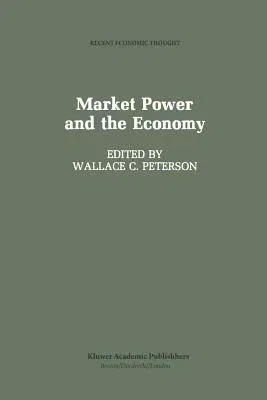Market Power and the Economy: Industrial, Corporate, Governmental, and Political Aspects (Softcover Reprint of the Original 1st 1988)Paperback - Softcover Reprint of the Original 1st 1988, 10 November 2011

Qty
1
Turbo
Ships in 2 - 3 days
In Stock
Free Delivery
Cash on Delivery
15 Days
Free Returns
Secure Checkout
Part of Series
Recent Economic Thought
Print Length
176 pages
Language
English
Publisher
Springer
Date Published
10 Nov 2011
ISBN-10
9401077053
ISBN-13
9789401077057
Description
Product Details
Book Edition:
Softcover Reprint of the Original 1st 1988
Book Format:
Paperback
Country of Origin:
NL
Date Published:
10 November 2011
Dimensions:
23.39 x
15.6 x
1.07 cm
ISBN-10:
9401077053
ISBN-13:
9789401077057
Language:
English
Location:
Dordrecht
Pages:
176
Publisher:
Series:
Weight:
281.23 gm

